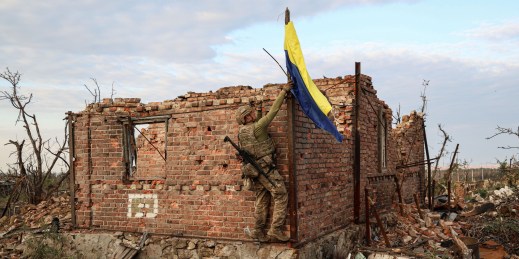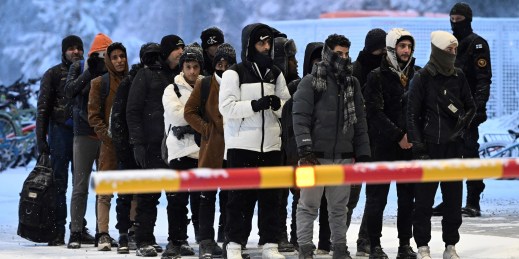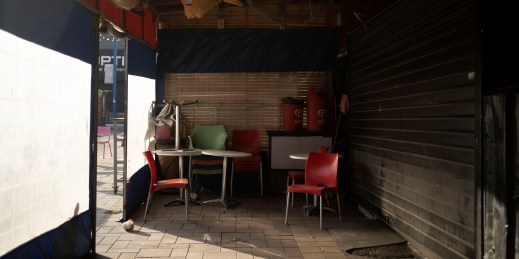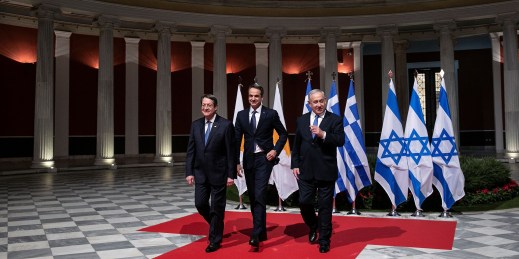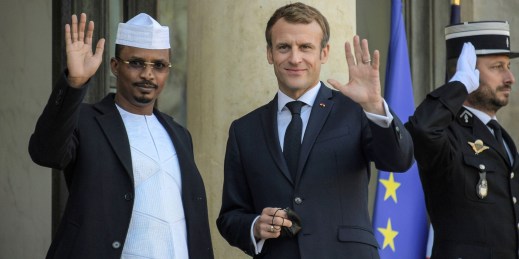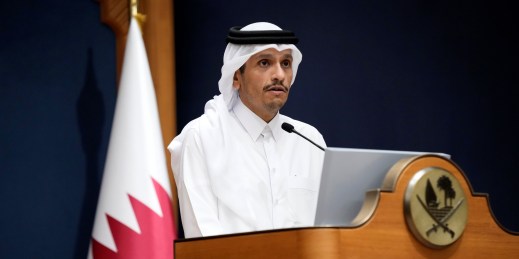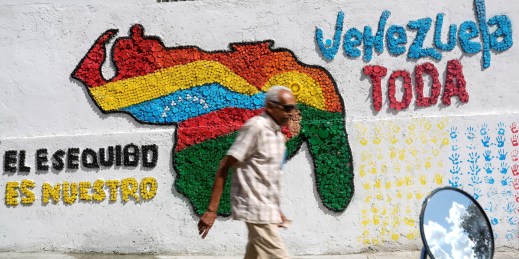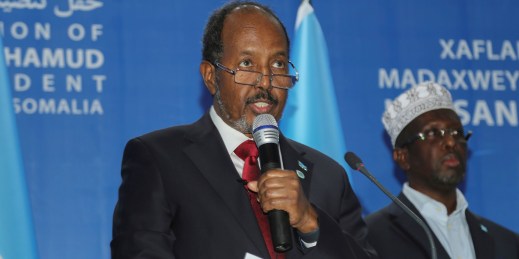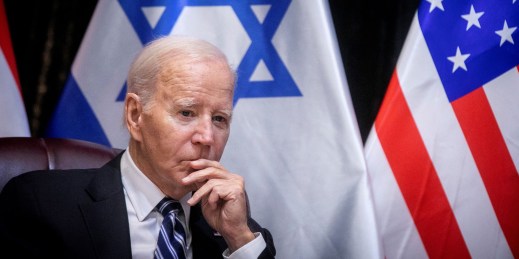
With the war in Gaza having intensified following the end of the recent U.S.-supported pause in fighting, it has become clear that this conflict is upending U.S. President Joe Biden’s plans for the Middle East: The war has dealt a body blow to Arab-Israeli normalization, while accelerating Iran’s regional integration.

